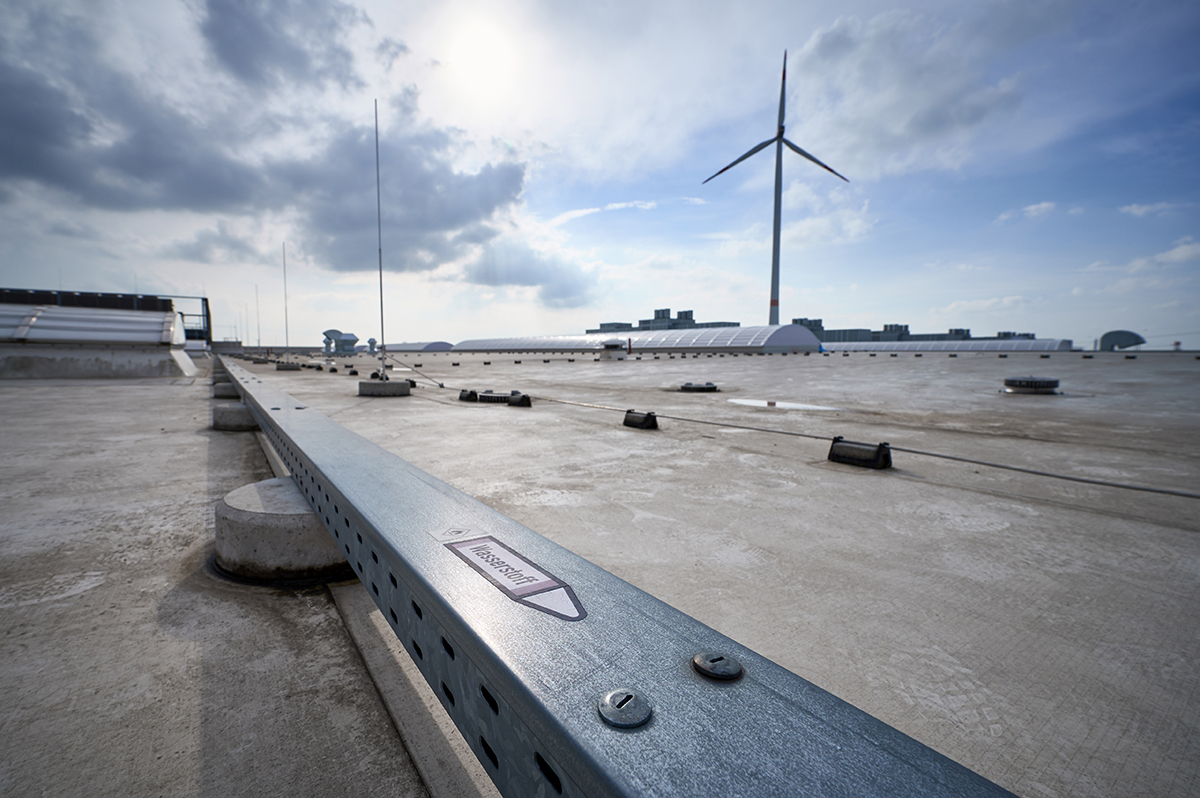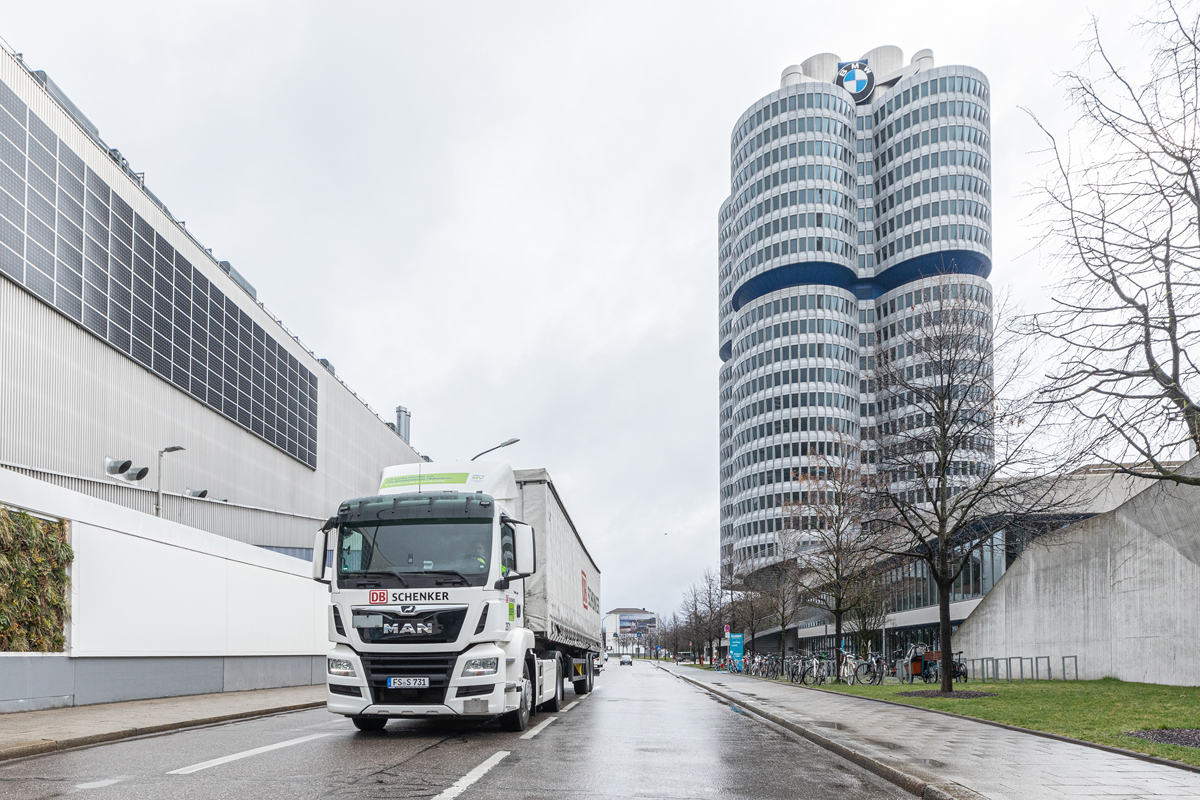
It’s one of my favourite soapboxes on which I like to climb whenever anyone bangs on about how electricity is the best alternative solution to our use of fossil fuels to power cars and motorbikes. Sitting in that soapbox are many arguments against electricity that seem so obvious that I can only wonder what agenda manufacturers are pushing with the rush to adopt electric technology, that they ignore all the seemingly logical arguments against it. The arguments against this move are well known and I don’t propose to go over them again so my soap box will stay in the cupboard for today (you can read my thoughts on this topic in a previous article that I wrote, here).
What is clear, however, is that even the car and motorcycle manufacturers are thinking along the same lines, with many of them working on solutions to retain the accumulated knowledge of the internal combustion engine and finding ways of adapting them to run off alternative fuels rather than abandoning them altogether.
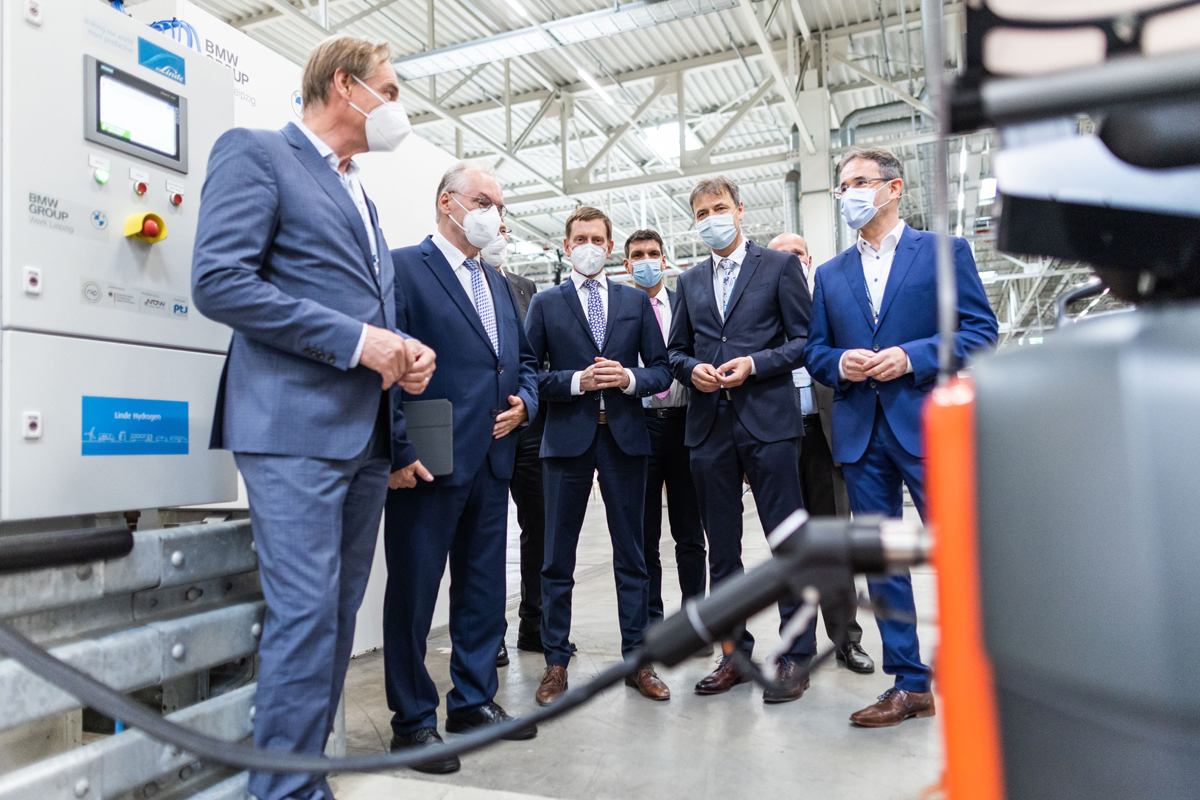
BMW is the latest manufacturer to reveal details of experiments with alternative fuels, which have been ongoing for a year and a half. A small fleet of trucks has been working in the logistics chain between one plant in Landau, Germany, and the main plant in Munich. These trucks are powered by standard diesel engines but run on HVO100 diesel. HVO refers to Hydrotreated Vegetable Oil, made from various waste products, residues and renewable raw materials, including used cooking oil. “100” refers to the fact that an engine can run on 100% HVO, as well as being able to be mixed with regular diesel or petrol with no ill effects to the engine.
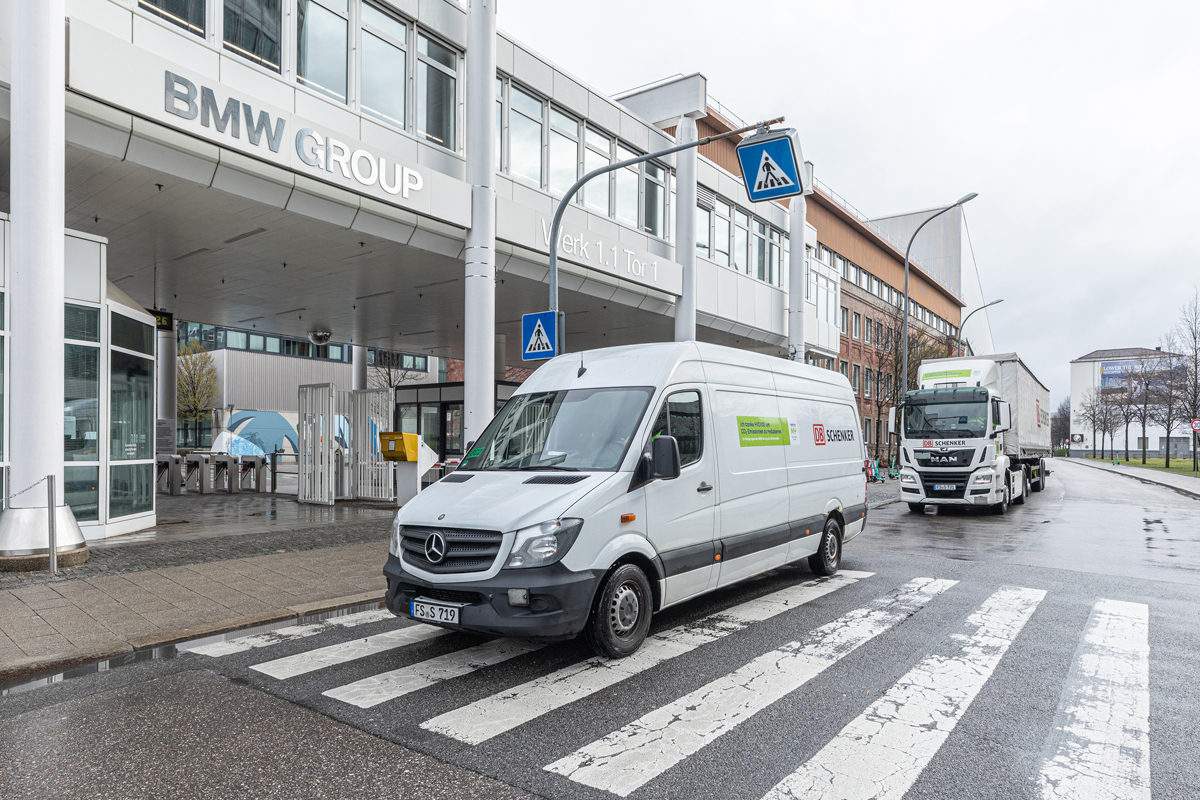
Compared with fossil diesel, HVO produces up to 90% less carbon dioxide, if the production cycle of conventional oil-based diesel is followed from “well to wheel”. The ten trucks that BMW is now running using the new fuel are expected to release up to 800 tonnes less carbon dioxide per year compared to conventional diesel.
Vehicles and engines require no modifications to run on eco-friendly fuel, and HVO can be used pure or mixed with fossil fuel in any ratio. It can also be supplied via the existing fuel station infrastructure. Surely this is a much more viable alternative to implementing a huge electric infrastructure, comprising generation and distribution to the end user?
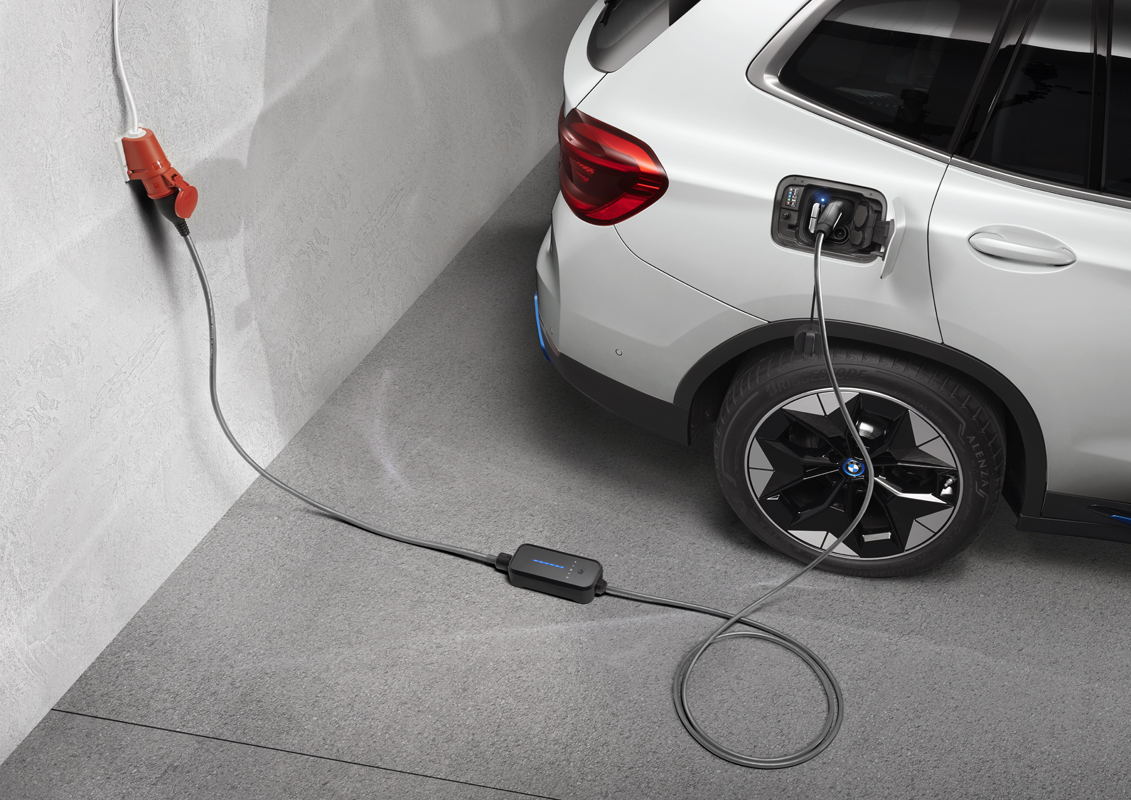
The BMW Group’s partner on the current HVO100 pilot project is the Finnish company Neste. Their hydrotreated vegetable oil is produced purely from renewable raw materials, with plant oils being converted to hydrocarbons through a catalytic reaction with hydrogen. HVO diesel is not the same as bio-diesel, however, which is chemically different and produced by a different process.
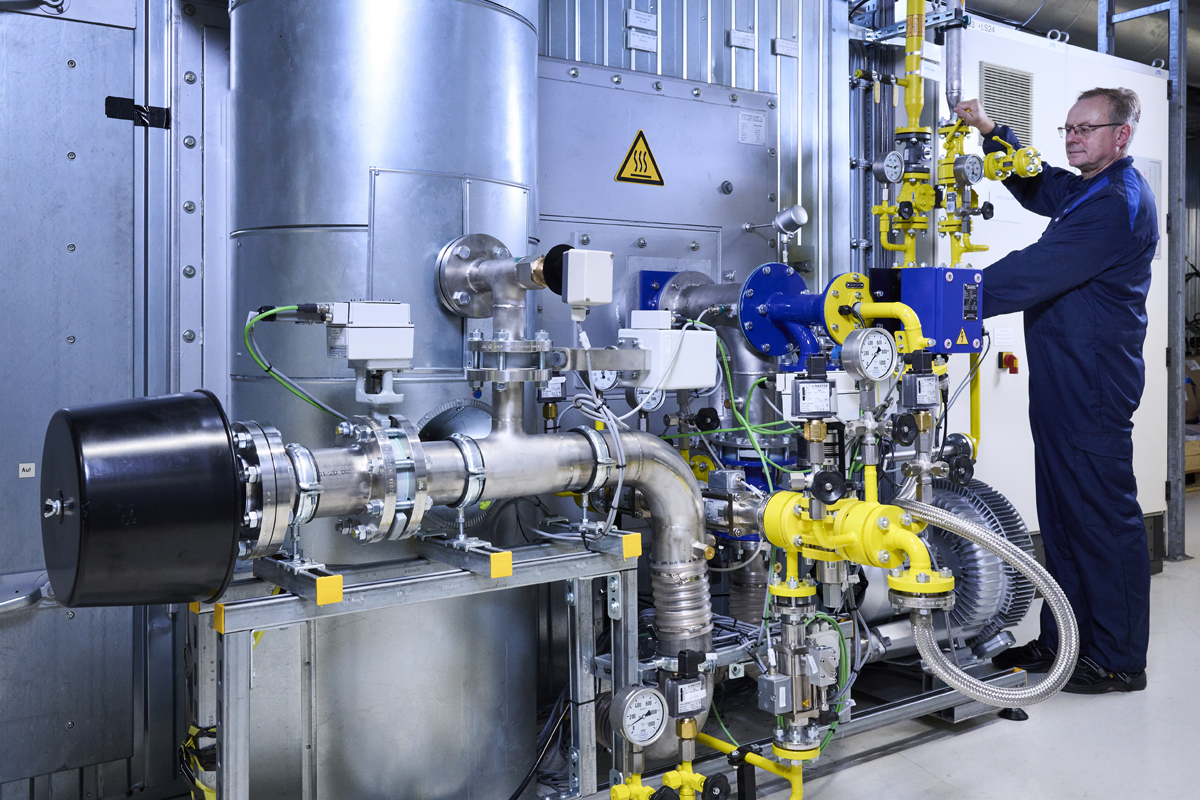
The BMW Group already uses electric and gas-powered trucks at various sites, and at the Hydrogen Competence Centre in Leipzig, floor conveyors are fuelled with hydrogen for everyday operations.
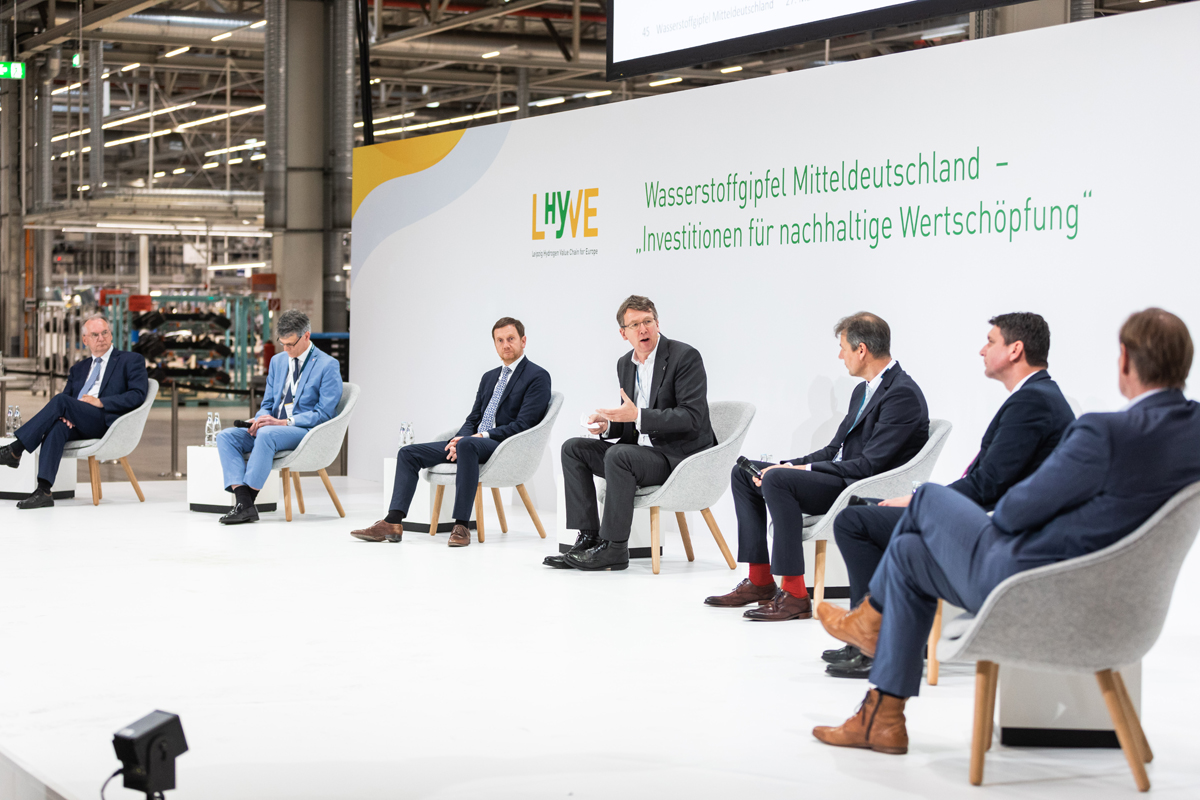
By using the new fuel in transport logistics, the BMW Group intends to find out how renewable diesel works in everyday operations and how cost-efficient it is. To do this, a team of BMW Group experts is evaluating aspects such as fuel consumption with different loads, at different speeds, in a variety of weather conditions, and over shorter and longer distances.
This is especially interesting news for motorcyclists as the new fuel, which is only about 3 per cent less efficient than petrol or diesel, would not require new tankage solutions, which would take money to develop, as would be the case with adopting hydrogen fuel solutions: a normal-size fuel tank would work perfectly well.
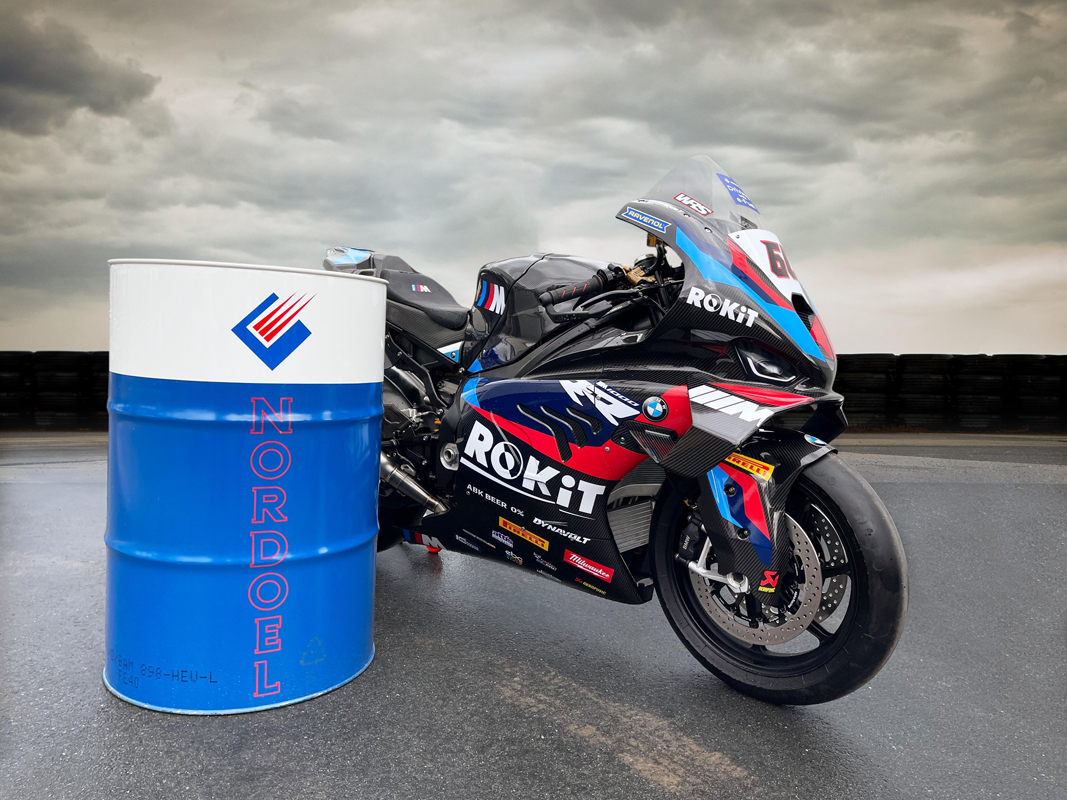
The only worry is that the electric lobby will prevail and put us on a route to a completely unsustainable future before alternative internal combustion engine (ICE) solutions have been developed and proven to be much better, using, as they will, existing ICE technology and know-how. Quite how abandoning over 120 years of accumulated ICE knowledge will benefit anyone in the short- and long-term has not, to my knowledge, been addressed by the electric lobby. Having said that, none of the arguments against electric power seems to have gained any traction, leading to the suspicion that it will be pushed through no matter what and imposed upon us without choice.
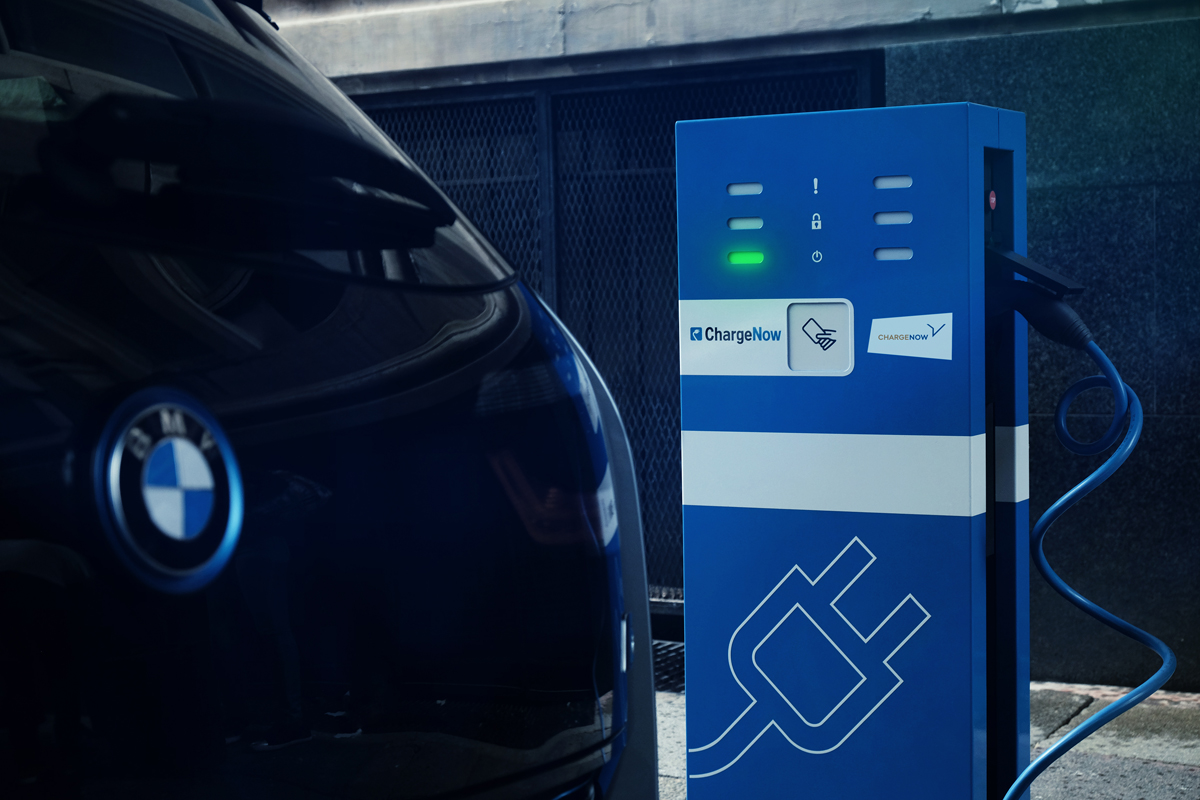
Of course, the real polluters – shipping and air travel – will continue on their merry fossil fuel-burning way, untroubled by the electric movement. I’m not suggesting that we all eat more chips in order for there to be enough used vegetable oil to power a supertanker or a 747 Jumbo but BMW’s research and experimentation prove there are alternatives to the blind rush to electrification and we’d do well to remember that before it’s too late.
